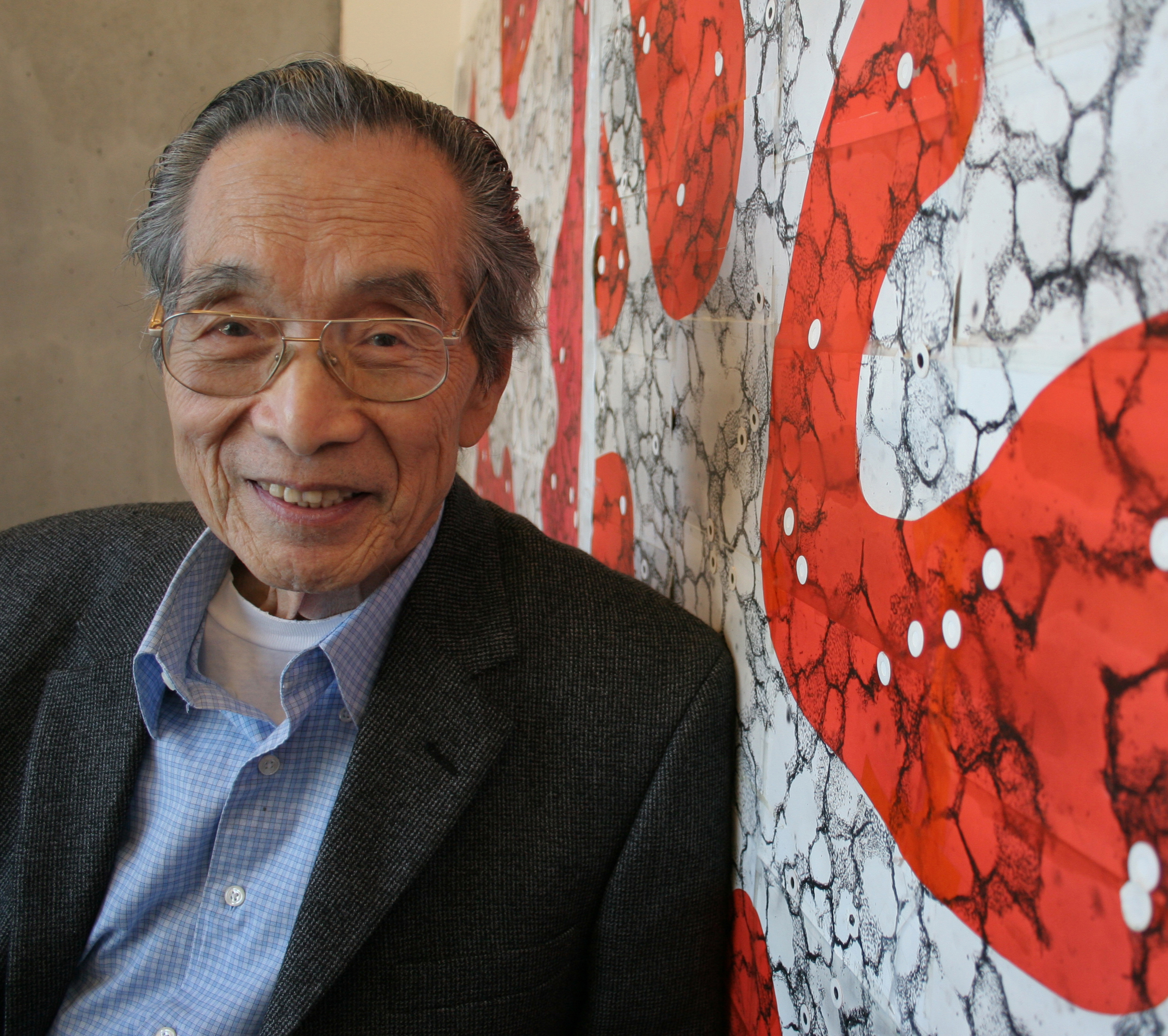Bioengineering emeritus professor Y.C. Fung, widely recognized as the father of biomechanics, can add an usual honor to the long list of accolades he has received: an asteroid has been named after him.
210434 Fungyuancheng orbits about 2.425 astronomical units from the Earth, in the vast asteroid belt that separates the inner solar system, and the smaller planets, including Earth, from Jupiter and the other gas giants. The asteroid was discovered on Dec. 20, 2008. The International Astronomical Union approved its new name earlier this month.
Fung joined UCSD in 1966 to initiate a B.S., M.S. and Ph.D. program in bioengineering. He is the recipient of the President's National Medal of Science, the Founder's Award from the National Academy of Engineering and numerous other prestigious honors and prizes. He is a member of the National Academy of Engineering, National Institute of Medicine and National Academy of Sciences. He has written many authoritative books on biomechanics that are used as textbooks around the world, in addition to books on solid mechanics and continuum mechanics. Prior to joining UC San Diego, Fung was a faculty member in the Department of Aeronautics at the California Institute of Technology, where he received his Ph.D. in 1948.
Fung’s accomplishments and insights have directly contributed to designs, inventions, and applications that save lives, mitigate the severity of soft tissue injury, enhance the recovery and functionality of injured soft tissue, and improve the effectiveness and longevity of prosthetic orthopedic devices. His research contributed to the development of artificial skin, which has accelerated healing for millions of people with burns and other tissue trauma. Fung’s research also is the basis for the entire field of automotive safety design – all automobile crash tests today rely on his fundamental studies about tissue response.
Fung’s accomplishments and insights have directly contributed to designs, inventions, and applications that save lives, mitigate the severity of soft tissue injury, enhance the recovery and functionality of injured soft tissue, and improve the effectiveness and longevity of prosthetic orthopedic devices. His research contributed to the development of artificial skin, which has accelerated healing for millions of people with burns and other tissue trauma. Fung’s research also is the basis for the entire field of automotive safety design – all automobile crash tests today rely on his fundamental studies about tissue response.
Fung's theories on the mechanical properties and functions of blood cells and capillary blood vessels have led our understanding of microcirculation, endothelial biology, and atherosclerosis. His "sheet-flow" theory provided a quantitative description of pulmonary circulation, hypertension, edema and respiratory distress syndrome. Problems related to severe thorax impact injuries have been solved by Fung's "stress wave propagation" theory. More recently, Fung directly contributed to tissue engineering through the development of engineered products for treating burns and severe tissue injuries and the development of engineered blood vessels.


